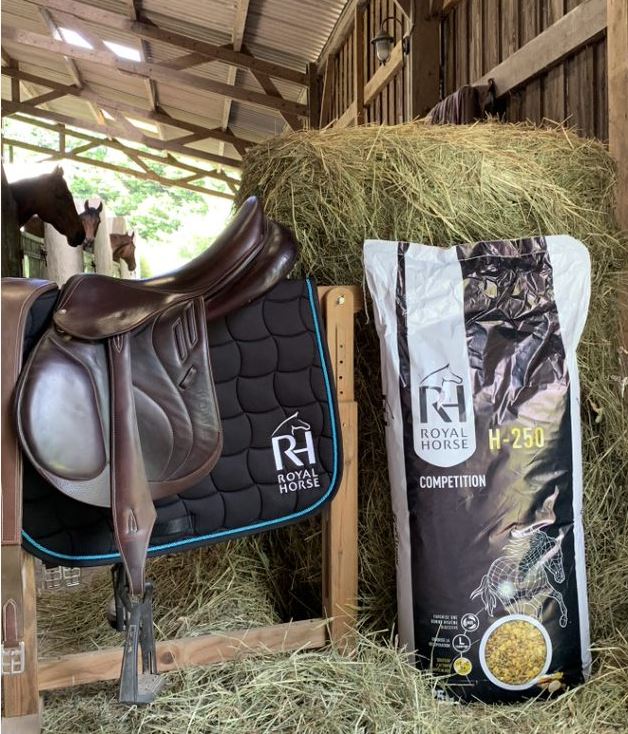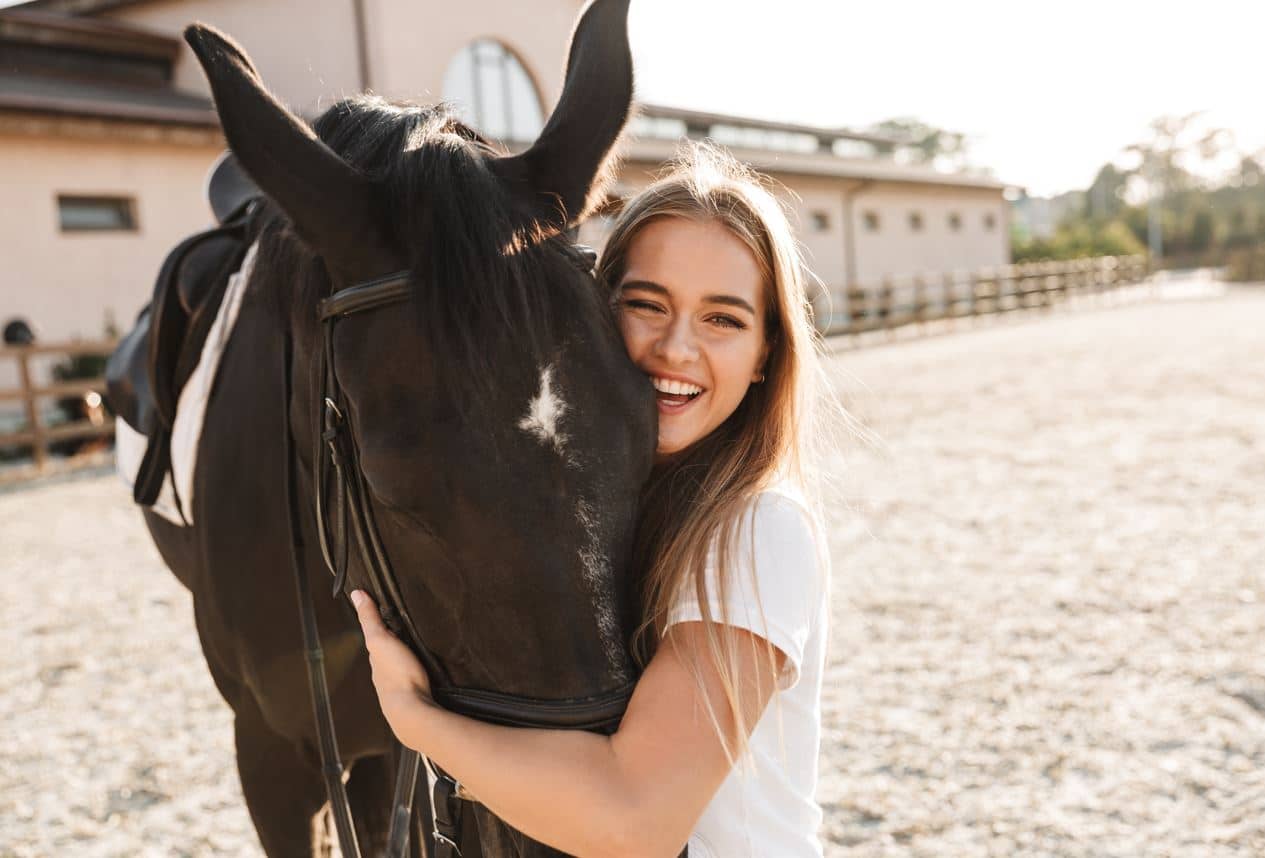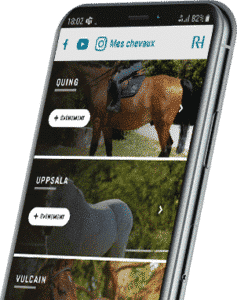Horse owners, what you need to know about the daily management of your horse ?
The horse is a faithful companion of man and a noble animal that has enabled him to perform many tasks – from warfare and the conquest of other territories to simple walks in the countryside or by the sea. Therefore, when we have a horse in our care, whether for pleasure or for work, we must provide it with all the care it needs to live comfortably and maintain it in perfect health, that is, to provide it with maximum well-being. Whatever the task, these conditions allow the horse to enjoy its work or its company longer.
Preventive medicine
A preventive medicine program must take into account all aspects that may present risks to the health or well-being of the horse. The onset of any disease will result in changes in the horse’s performance or behavior. A good preventive medicine program includes periodic deworming, vaccinations and proper nutrition.
Deworming
The horse should be dewormed approximately every 3 months. It is recommended to change products regularly to avoid problems of parasite resistance. A horse that is affected by a high parasite load will not be able to benefit from the nutrients present in the feed, so its physical appearance will deteriorate: dull, rough, lackluster coat, weight loss. It is recommended to set up a deworming program with your veterinarian who will prescribe the appropriate molecules according to the season.
Vaccinations
It is important to vaccinate horses against tetanus and flu.
Tetanus is a disease that can be transmitted to humans and can lead to death. The bacteria responsible for this disease is a host in the horse’s digestive tract and is present in manure. This makes it very easy to infect any injury the horse suffers.
In the case of influenza, although it is not a life-threatening disease, it does limit the horse’s work. The horse will not be able to carry out normal activities because of the fever or mucus in the nose.
Another important vaccine is against rhinopneumonitis.
Dental file
It is very important that the teeth are checked at least once a year if all is well to avoid the formation of odontophytes, that is to say, to prevent the lateral edges of the teeth from growing due to the way the horse chews. These odontophytes that form inside the mouth hurt the horse’s cheeks. The horse will not be able to chew its food properly which can cause colic problems in addition to food waste. It is therefore very important to have an annual examination before reaching this stage.
Hooves
Hoof care is also very important, they should be trimmed every 35 to 45 days. It is desirable that they are protected with shoes according to their activity, it is not necessary to put a new set of horseshoes every time the hoof is trimmed. If they are in good condition they can be put back on. It is also very important that the palmar area be cleaned daily to remove dirt, mud, manure, etc., that accumulates and then add hoof grease to keep the hooves in the best possible condition.
Royal Horse recommendation: C-400 : FEED SUPPLEMENT FOR HORSES
Elaborate feed
It is important to provide a balanced diet called elaborated because this type of food contains the necessary quantities of all the nutrients that the horse needs according to its age, its condition, its activity… In the case of horses that make intense and repeated efforts a specific feeding program must be set up with a technician or your veterinarian.

Stables
A well-lit stable must be provided to protect the horse from bad weather (temperature, rain…), preferably with access to an exercise pen. Stalls should measure at least 3 x 3 m, it is important that the doors are 1.25 m wide and 2.25 m high to facilitate the movement of the animals without risk of injury. Corridors should also be wide enough to allow safe movement of horses and their owners. There should be no protruding objects within reach that could injure the animals, the walls should be high enough to avoid interaction with other horses, the roof should be at least 3 meters high to allow the horse to adopt a normal posture and avoid head injuries. Floors should also have a firm, durable, non-slip surface.
If an exercise pen is not available, it is advisable to exercise the horse daily to maintain optimum health and muscle tone.
If the horse is in a pasture or paddock, it should have areas of shade and a source of clean, fresh drinking water available at all times, especially in hot climates.
Avoid having your stable in total darkness! It should have a light source that allows you to observe the horse and your entire stable.
It is important to note that sufficient bedding should be provided in the form of wood shavings, straw or other suitable material. Depending on the region, adequate drainage should be provided to avoid excess moisture and the resulting hoof and skin problems that can affect the horse. To maintain an odor-free environment and ensure the well-being of the horse, the stable should be kept clean and manure and wet bedding should be removed regularly. Manure should be kept away from the stables to avoid problems with parasitic infestations. Daily brushing of the horse is recommended.
Ideally, horses should be housed in individual stables with access to an exercise pen. If you have mares and foals, it is convenient that at weaning time each animal has its own stable.
It is very important to ensure the well-being of horses by :
- Housing them in adequate facilities
- Providing them with the necessary care to maintain good health and optimal working performance
- Avoiding mistreatment & any form of abuse (not only physical): you must provide horses with an appropriate place to rest, adequate feed for their condition, work, water, avoid keeping them in extreme conditions
- In the case of working horses, immediately treat any wounds, no matter how small, so that the wounds do not spread and avoid complications for the comfort of your horse.



